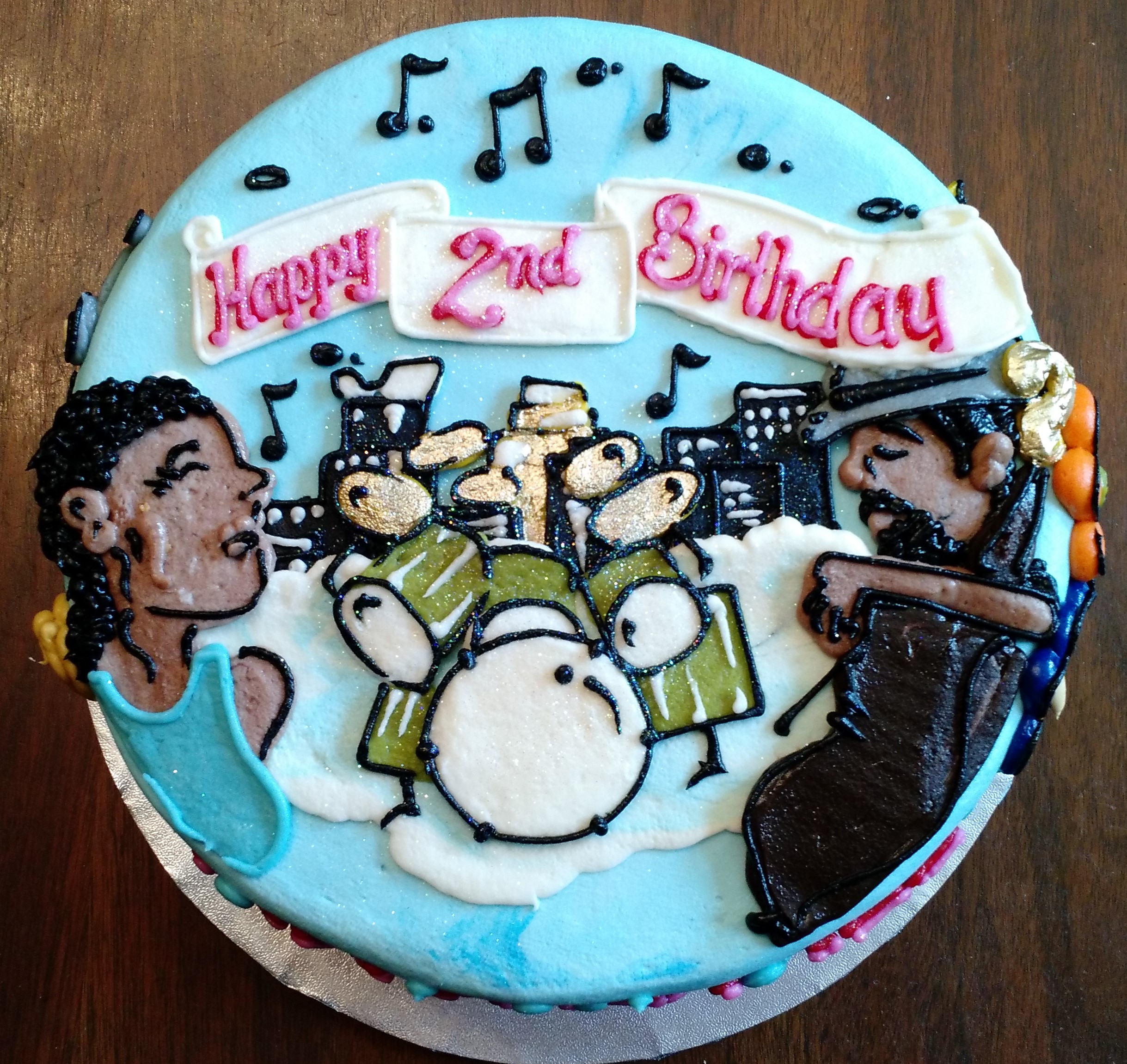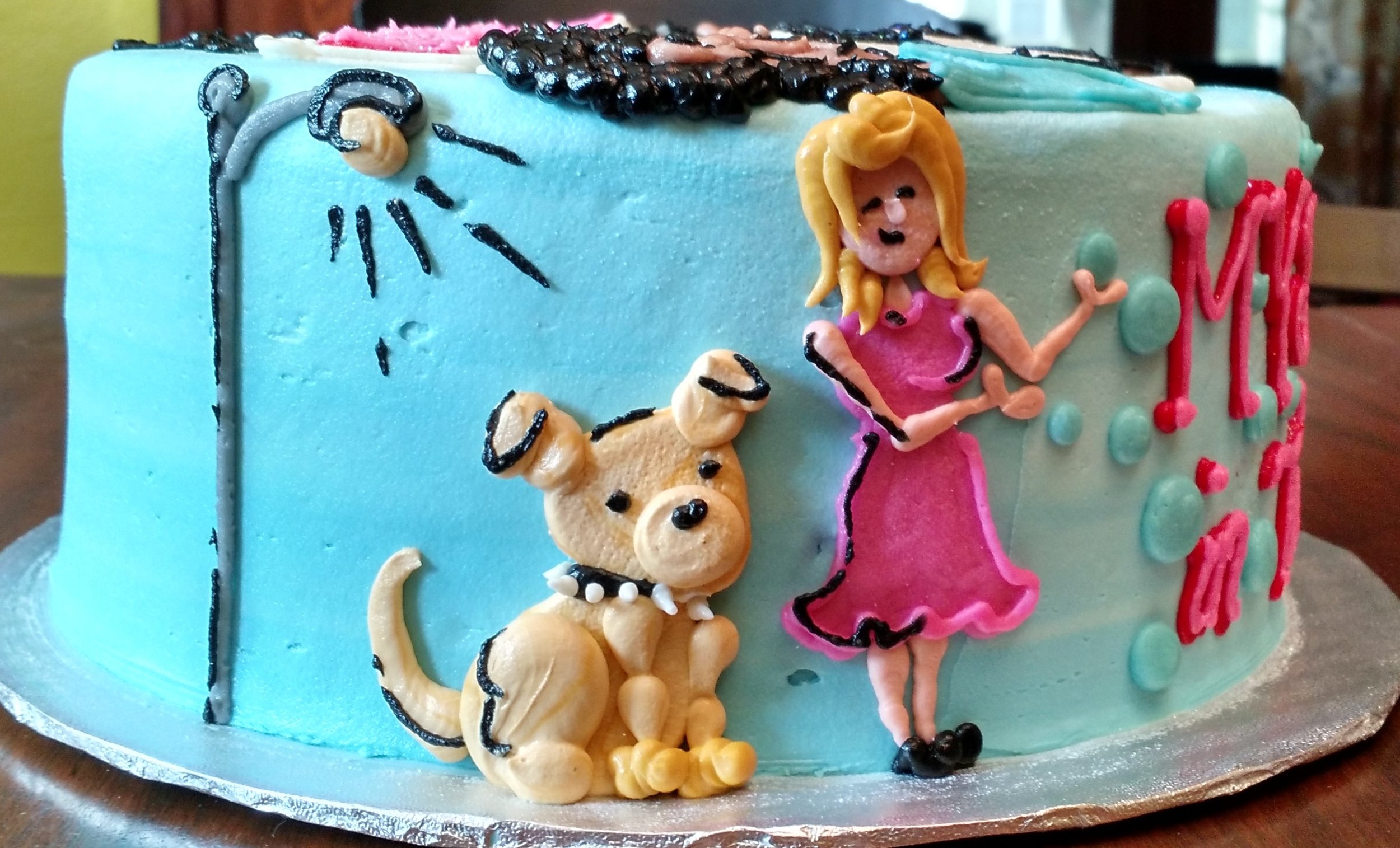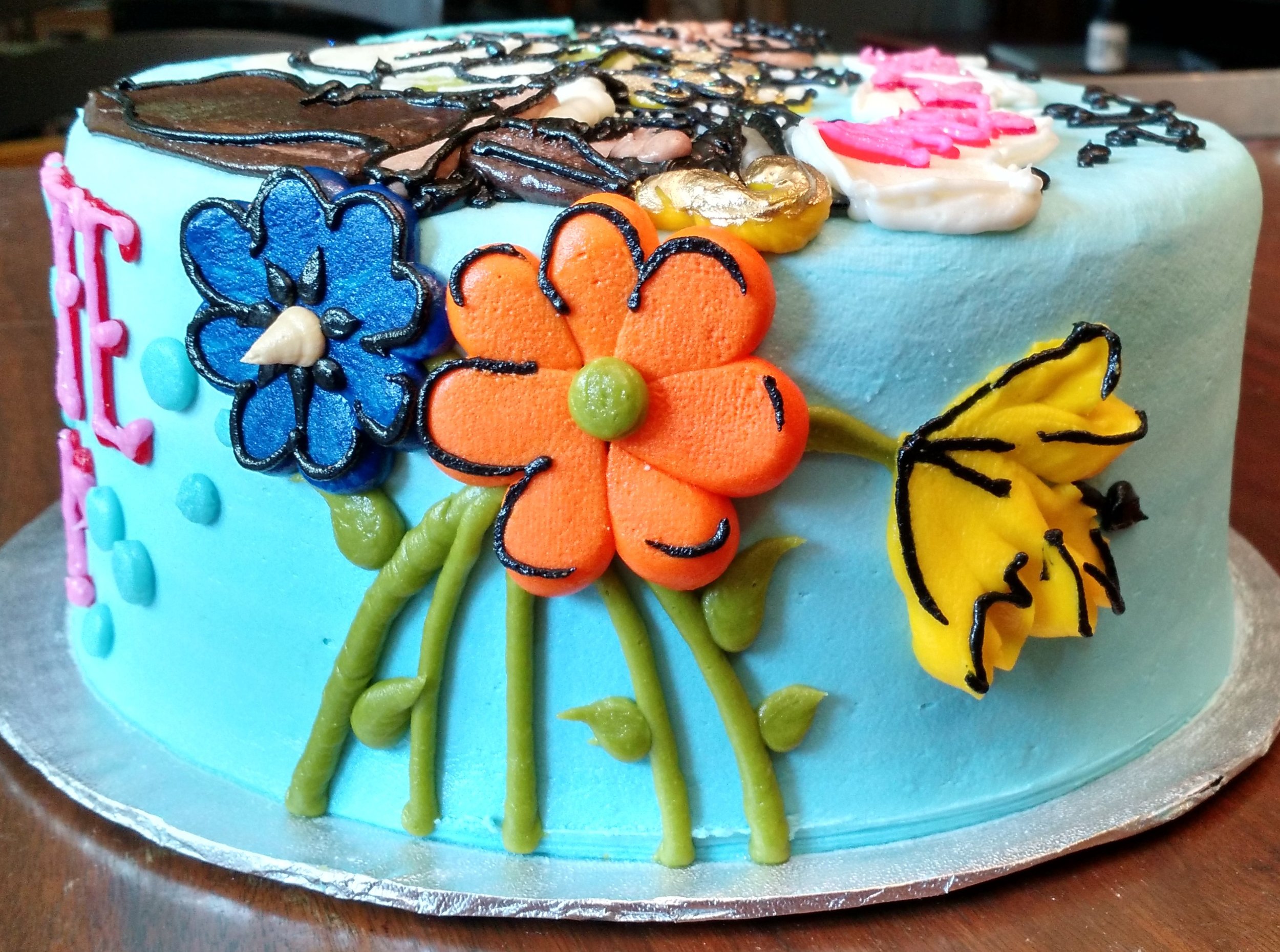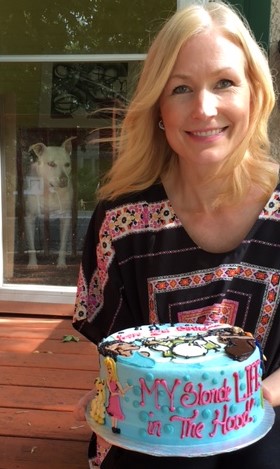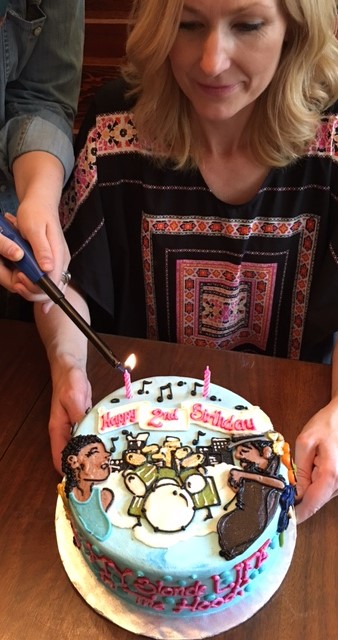For years, I searched for one with flaws. Tall, skinny, and scraggly topped my list of desired attributes. But a blemished specimen eluded me.
Until this year.
At last I located the scrawny, misshapen Christmas tree of my dreams, and we brought it home. After its first night in our house, though, I awoke to a surprise; the wood floor wore a carpet of pine needles too thick to excuse. I dropped to my hands and knees and poked my head under our holiday guest’s lowest branches. Usually in the first twenty-four hours, our trees sucked water like a wet-dry vac, but this time the stand was still full.
I picked up the phone and dialed Husband. “You did make a fresh cut on the bottom of the tree before bringing it in, right?”
“Of course.”
“I don’t think it’ll survive the next four weeks.” I plucked a twig from my hair. “It’s already too dry.”
Husband agreed to return the tree, and I performed the messy task of dragging its remains outside, a trail of needles following on my heels.
“It’s always something with the tree,” Flicka said as I swept up the remnants of Christmas before the season even started.
“Not really.” I furrowed my brow while I emptied the dustpan. “Why do you say that?”
“Last year, the lights kept shorting out, so we undecorated it, put on all new lights, and redecorated it. Remember?”
I washed sap from my hands at the kitchen sink. “Oh, that’s right.”
“And then there was that year when the tree kept tipping over.”
“It’s all coming back to me now.”
That night, Husband brought home a fresh tree from a different lot. By the following morning, its branches had settled, so I could see the stark truth: this new one was short, fat, and the general population's definition of perfect. I sighed. There was always next year.
"Who gets to put the star on the top this time?" Dicka said.
"Uh..." Husband traced his finger down a copy of The Christmas Ornament (and descriptions) List. "You do."
She pumped her fist in the air. "Yes!"
The Christmas tree—naked, except for its white lights—stood in the corner like a stout elf who had overdone it on Thanksgiving leftovers.
Husband sank into a living room chair. “Same as always, girls, you’ll take turns putting on the ornaments as I read through the list. We’re starting in 1992, Mom’s and my first year of marital bliss—before you freeloaders came and cramped our style.”
“Thanks a lot, Dad,” said Ricka.
Dicka shuddered, wrinkling her nose. “Don’t say ‘marital bliss’.”
Husband cleared his throat. "Here we go. From the top. The gold heart represents Mom's Victorian period."
Flicka went to the dining room table and picked through the ornaments, locating the heart with roses etched into it. She snickered and shook her head. "'Mom's Victorian period'."
"Our apartment was filled with dishes of potpourri back then," Husband said.
Over the next hour, we marched through The List. The girls' ornaments highlighted their interests over the years, from baby mittens to ballet slippers to Converse tennis shoes. And the family ornaments drove us back to Tucson, Puerto Vallarta, Seattle, Asheville, and more. Pewter skis from Vail, a wooden boat from Charleston, a plastic King Kong from New York City, and hockey skates from Quebec again told us vacation stories.
"This is still the cutest." Dicka dangled a clay miniature dachshund on a ribbon from her finger. "1996, the year you got Dexter."
"And 2011, our first year with Lala," said Ricka, cradling a ceramic pit bull in her palm.
At the mention of her name, the ornament’s inspiration lifted her head off her nearby cushion and eyed us.
"Speaking of Lala," I said, pointing at the list in Husband’s hand. "Check out that note."
“’In 2011, Lala ate the Queen Elizabeth from the Westminster Abbey gift shop, the painted gourd from Bisbee, and two of the straw pine cones from Grandma Mathilda’," he read.
“Naughty girl.” Dicka nuzzled the sleepy animal.
I rummaged through the box of Christmas decorations and extracted the ugly sweater vest and reindeer antlers for the grand finale. And like every year, Husband put on the items and opened the book ornament, The Cajun Night Before Christmas, from New Orleans.
“’De moon on de bayou was so bright it glistened. Even de bullfrogs were quite and listen’n,’” he read in his best accent, sounding more like an early twentieth century Norwegian immigrant trying on an Irish brogue than a dweller on the bayou. “’When what to my wonder’n eyes should appear, but a flying pirogue, and eight gators coming near, wit a petit ole driver so red and dedicated to his cause, I knew at dat moment it got to be Santa Claws!’”
*Miss an installment of the blog? Or want to catch the story from the beginning? Visit http://www.tamarajorell.com/blog-entries-by-date
*Names in this blog have been changed to protect my family, neighbors, and friends in the neighborhood, and in a nod of appreciation to the beloved Swedish author Maj Lindman, I’ve renamed my three blondies Flicka, Ricka, and Dicka.






